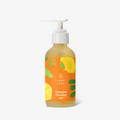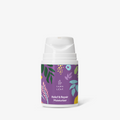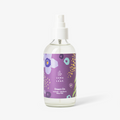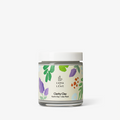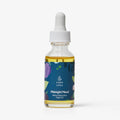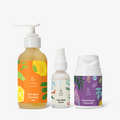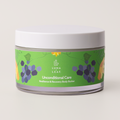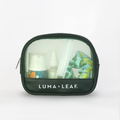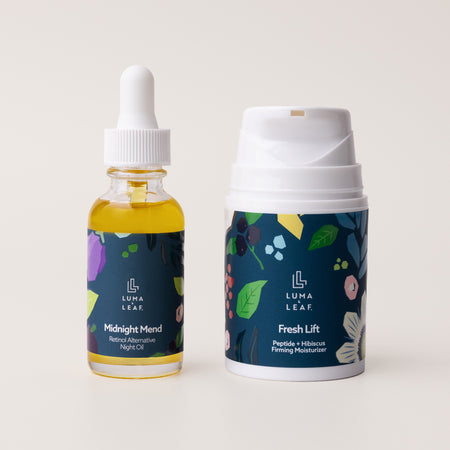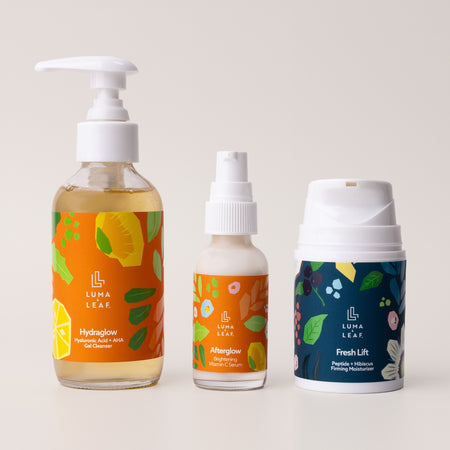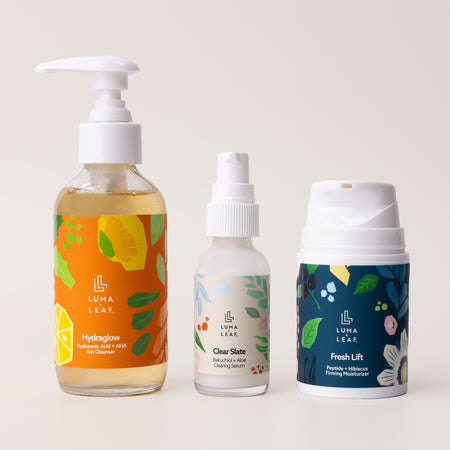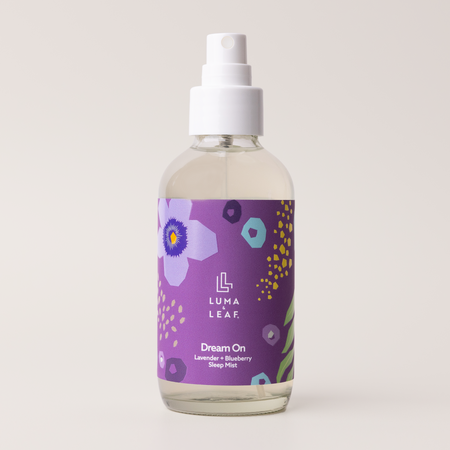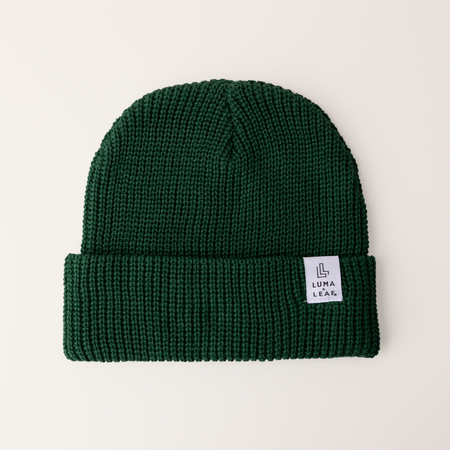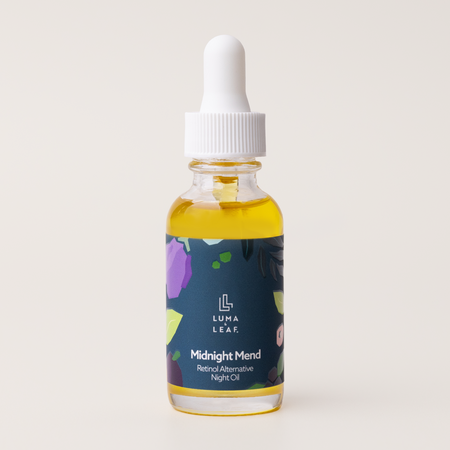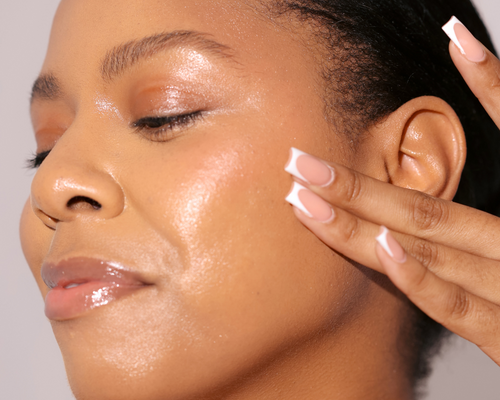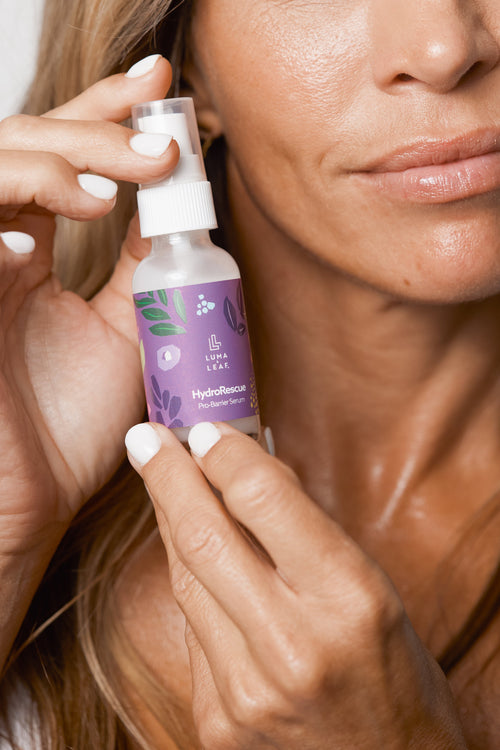
There’s endless information in the ether about the importance of sunscreen and skincare. We’ve collected all the must-knows and wrapped them in a bow for your convenience.
Ever wondered how any makeup-wearing person is supposed to reapply sunscreen every two hours with a face full of glam? Confused by all the abbreviations on an SPF bottle? Not entirely sure the difference between chemical and mineral sunscreen? Taken aback because you didn’t even know those two distinctions existed? If you answered yes to any of these questions, you’re exactly where you’re supposed to be. We’re giving a rundown on the importance of sunscreen and how you can use it to stay glowing and protected.

Lesson #1: Add Broad Spectrum to the Cart
Any UV protection labeled as “broad spectrum” has been tested and proven to help shield the skin from both UVA and UVB rays. This is what we want in a sunscreen. Do yourself the favor of keeping skin safe from both types of harmful UV rays, not just one. Your future wrinkles depend on it.
Lesson #2: UVA vs. UVB
The sun emits two types of UV radiation that reach (and damage) our skin. Sun exposure accounts for almost 90% of premature aging. But don’t freak out, after you finish reading this blog you’ll understand the importance of sunscreen and using it on the reg.
UVA
- Reaches the deepest layer of skin
- Most prevalent cause of premature aging, wrinkling, and sunspots
- Accounts for 95% of the sun’s UV rays
UVB
- Has the largest effect on the top layer of skin
- Most prevalent cause of redness, sun burning, and skin cancer
- Accounts for 5% of the sun’s UV rays
Lesson #3: SPF 30 or Higher (or Bust)
The higher your sunscreen is in power, the more it will protect your skin. #Skincare101. However, if you only have a less-than-30 SPF in the house, we’d still encourage you to use it over nothing all day long. SPF 15 protects your beauty from 93% of UVB rays, whereas SPF 30 keeps you safe from 97%. SPF 50, on the other hand, has you covered about 98% of the time. When browsing the sunscreen aisle in doubt, you can’t go wrong with an SPF 30.
Hibiscus for skincare certainly has its fair share of perks. Whether you’re looking for a plant-powered ingredient that provides healthy skin benefits or you’re in need of a fun fact to share with friends, hibiscus can be a great conversation starter and introduction to skincare science.

Lesson #4: Physical (Mineral) vs. Chemical (Organic) Sunscreen
Physical sunscreen is made with mineral-based ingredients, like zinc oxide and titanium dioxide. It sits on the top of the skin rather than being absorbed into the skin. Physical sunscreen is a great option for those with sensitive skin.
Chemical sunscreen has been a topic of discussion in terms of certain ingredients used. It’s important to understand that certain UV filters, like oxybenzone, octinoxate, octisalate, octocrylene, homosalate, and avobenzone, are all absorbed into the body after one use. Because chemical sunscreen works to absorb partially into the skin in order to prevent UV damage through a chemical reaction, these ingredients are up for debate. Chemical sunscreen does, however, tend to be lightweight and less likely to leave a white cast on your skin. You be the judge.
Lesson #5: SPF & Everything it Stands for
If you ever play trivia or jeopardy, listen up. SPF stands for Sun Protection Factor. The big number on the bottle of sunscreen corresponds to how much you’ll be protected from UVB rays (the ones that burn). For SPF powers, refer back up to lesson #3.
It’s critical to reapply SPF every 2 hours to be safe and sealed. Cream, gel, and stick sunscreen will give you the most even, full-coverage protection. However, depending on how much glam you’ve got going on, spray or powder sunscreen products will be your best options. Stick sunscreen makes for an easy application if you’re going for that bare-faced beauty look. All in all, it doesn’t matter how you choose to get your sunscreen fix as long as you’re getting it.
After getting the scoop from this guide, we hope you understand the importance of sunscreen in your everyday life. We know it sounds like an extra step now, but it’ll buy you an extra ten years of great skin later.
